Episode #1: Losing The Natural Home
On finding a new meaning to our identity.
Before jumping in, I wanted to thank you for the lovely words and for subscribing to Project Home. Your support means the world to me and all the people I’m meeting during this journey. We’re almost at 100 subscribers, and as a thank you for being one of the first to believe in it, I’d love to send you a printed picture from my travels, free of charge. I will contact you later for details.
On weekends, I like to go for long runs. Pushing my body and mind to run over 20km keeps me in a constant state of learning and discovery. Two years ago, with 14km behind me and the beach of Barcelona in front, a stunning sunrise stopped me in my tracks. As I watched the sun climbing from the horizon, I realized how blessed I am to experience this beauty from various parts of the world. This thought stayed with me, and I came back looking for stories of people who didn’t have such freedoms. That’s when I found the Batwa community in Uganda. Their story struck a chord so deep that 15 days later, I was on a plane to Kampala.
Not more than 30 years ago, the paths today used for Gorilla Treks and crossed daily by tourists were home to the Batwa people. They lived in harmony with the forest, taking all they needed from the land around them, never seeing a reason to leave.
Then one day, the government declared that the forest would become a national park, a conservation area for gorillas, and all the Batwa living inside were forced to leave, signing with it the end of a culture.
The end of an incredible symbiosis between humans and nature.
The agreement was to receive compensation in the form of money or land for the decision to force them to leave.
But as years passed, it became clear these promises were empty. The luckiest ones received barren, rocky land where nothing could grow. The rest wandered far from the forest, searching for unoccupied land to build new houses and start again.
Today, when you mention the Batwa, you’re met with confusion or laughter. Few remember, or even know, who they are.
The Batwa are small in stature, with big hands and thick eyebrows – and they are strong.
Imagine living all your life as hunter-gatherers. You are the best at hunting, even predators, and you can build a roof over your head with broken wood and trees. You know the surrounding plants so well that you can cure all possible diseases with them. Your knowledge is unique, and nobody can take that away from you.
Now, put all of that in a society where money defines what you have and who you are. You feel lost. Food, shelter, and medicine—all things you once obtained freely—now have a price. To get them, you need to pay and to pay, you need to work.
The Batwa are extremely talented people living in a society that doesn’t recognize their value.
When I asked John, an elder of the village I was in, “What is home to you?” his eyes grew distant, looking towards the forest.
“That’s our home,” he said softly. “It’s where our food, our songs, our dances, and our stories come to life. It’s where our children grow up learning our ancestors’ traditions. Our home is our identity. And there is worry among us. While we are happy to see our children going to school and learning new things, we fear that with each step into the wider world, they might forget their roots. We fear that our culture, our identity, will disappear one day.”
John’s voice trailed off, heavy with emotion. His words stalled in the air, as a reminder of what it means to be displaced, not just physically, but spiritually and culturally. The story of the Batwa reminded me of how fragile cultural heritage is and how important it is to preserve it, not only for those who live it but for the world to understand and respect the richness of human diversity.
"Hey John, can your family sing something for me?" They agreed – a bonus of this episode will come shortly.
Thank you for listening, and for your time.
Until the next one,
F



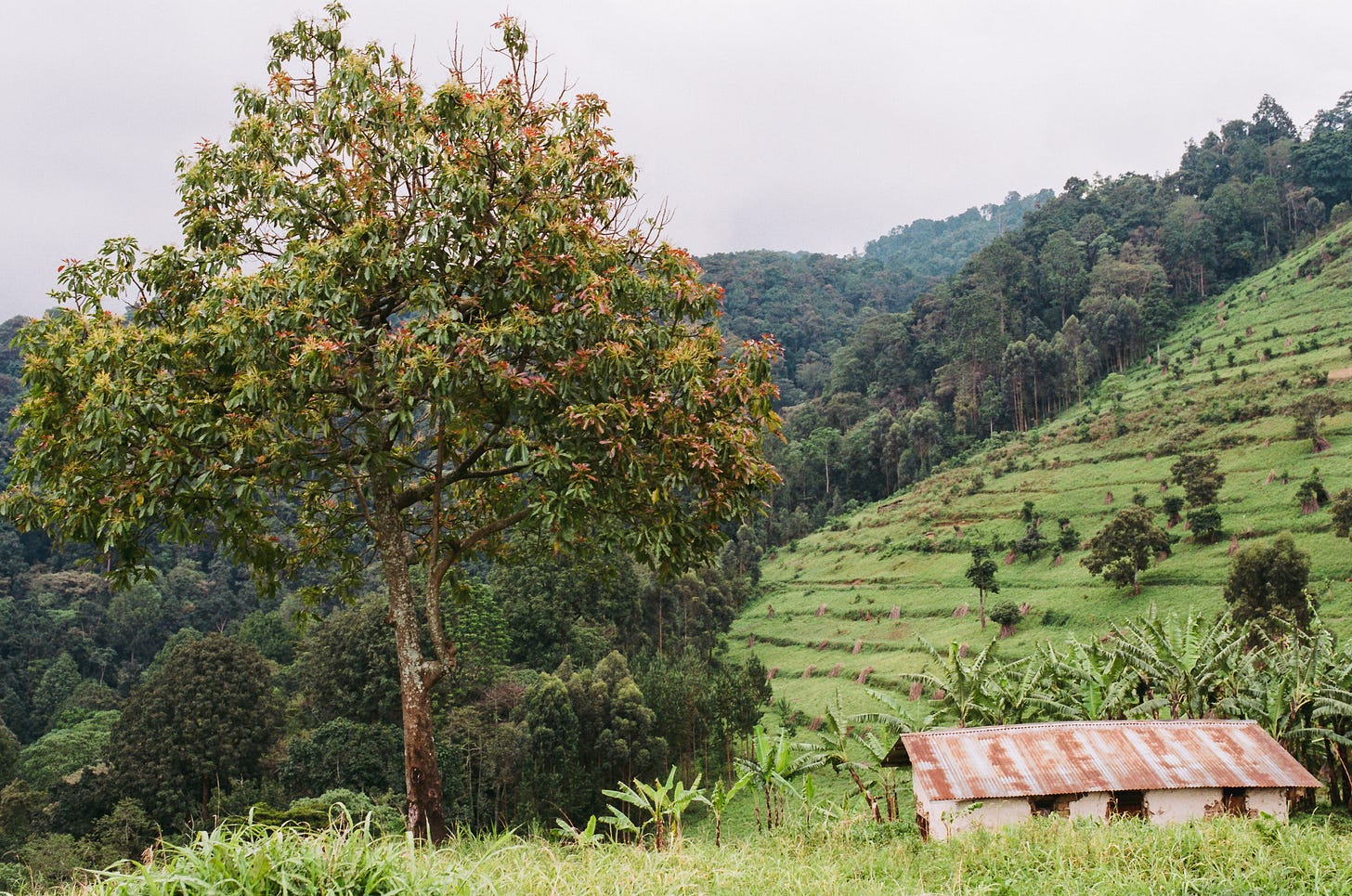
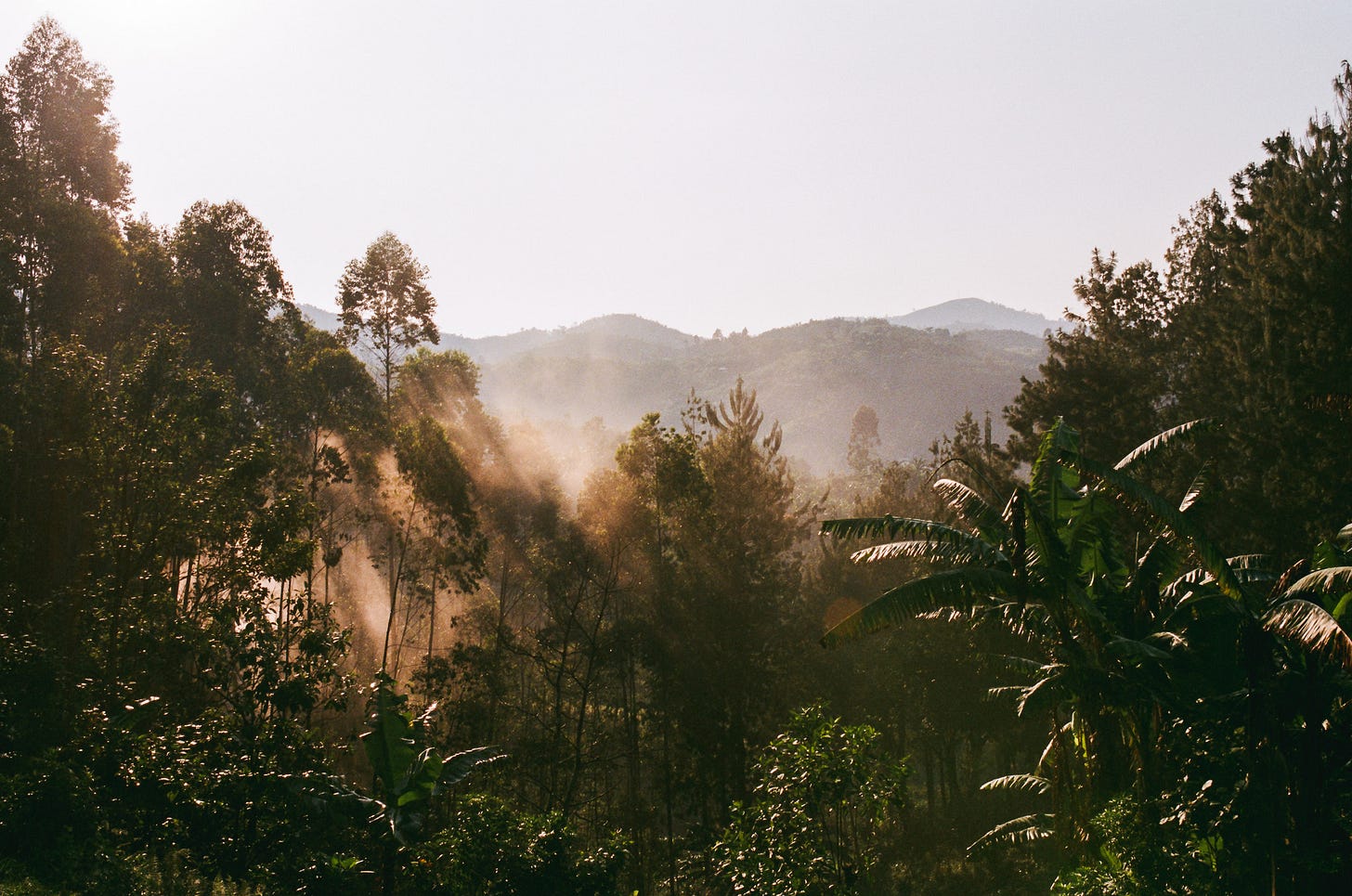
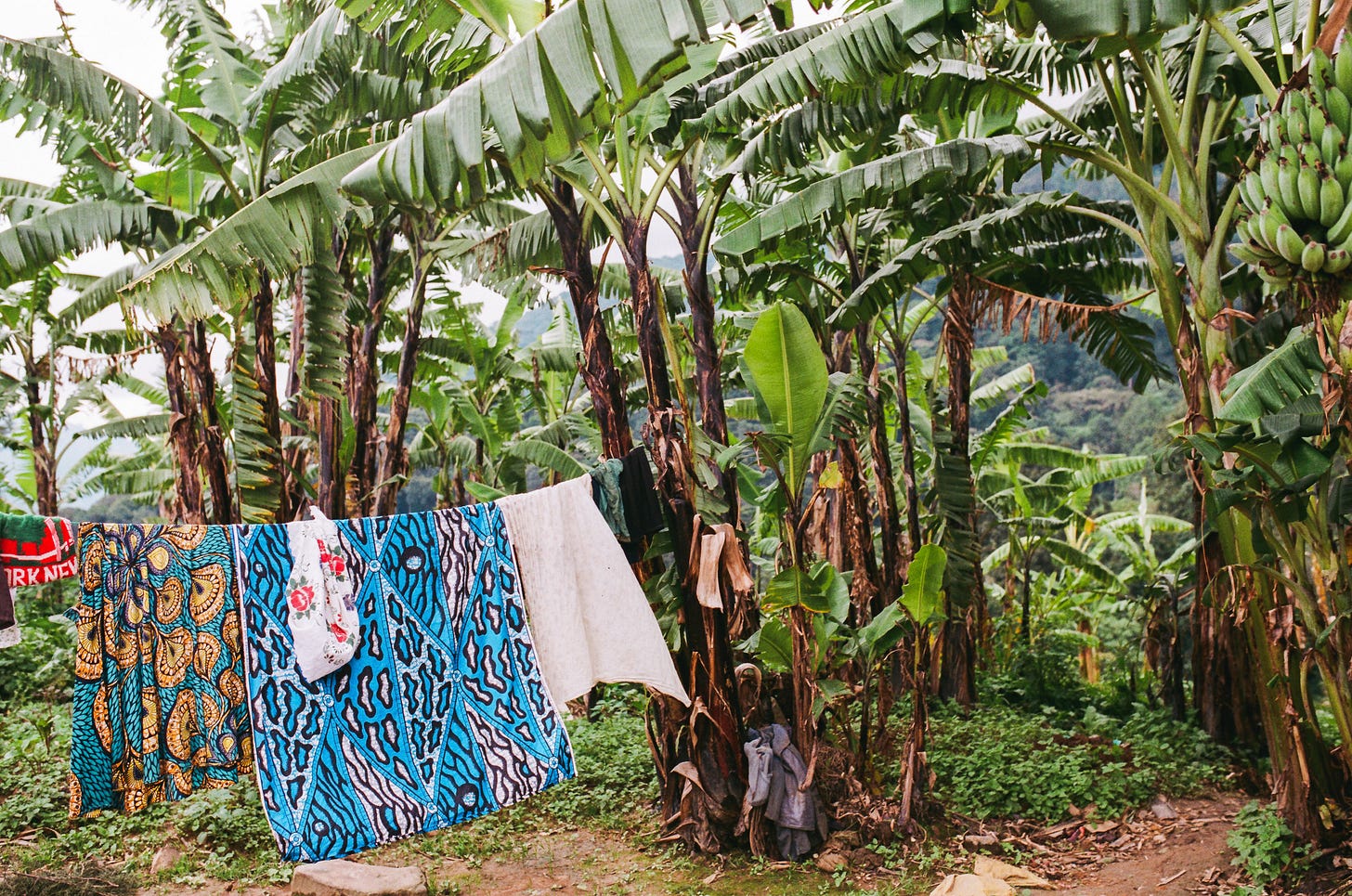
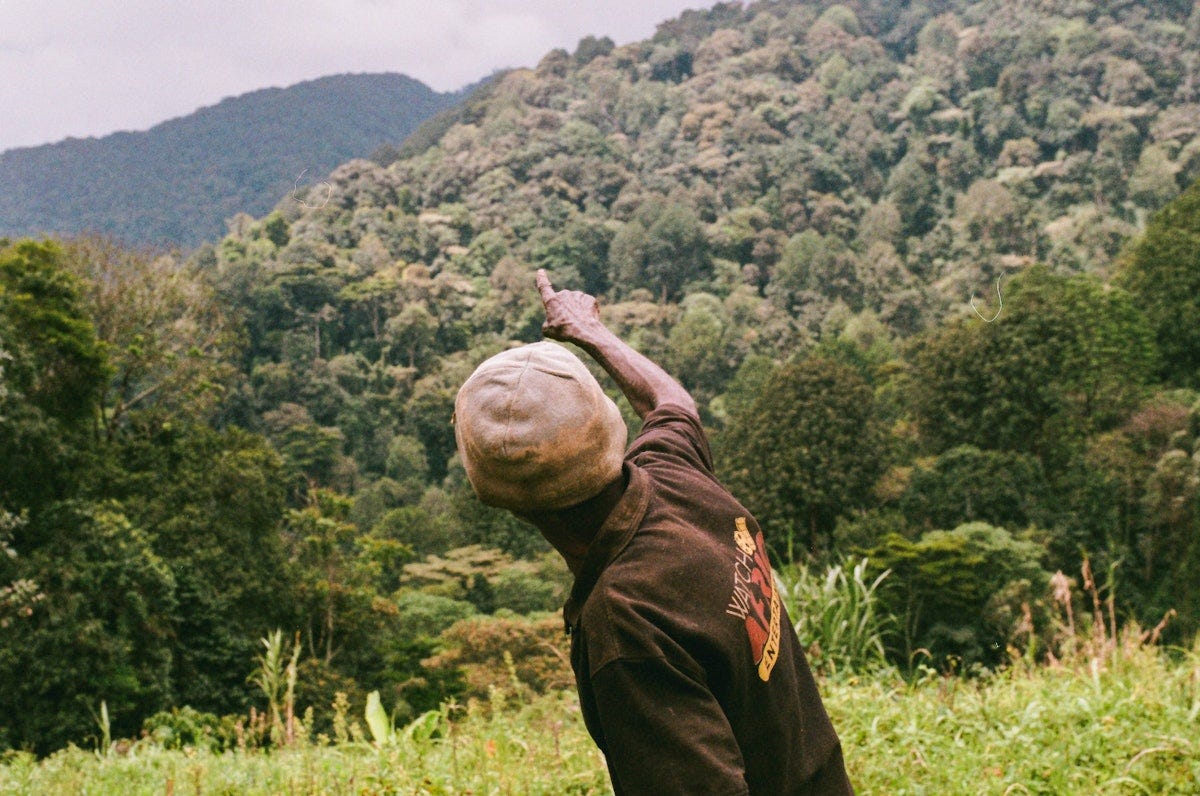
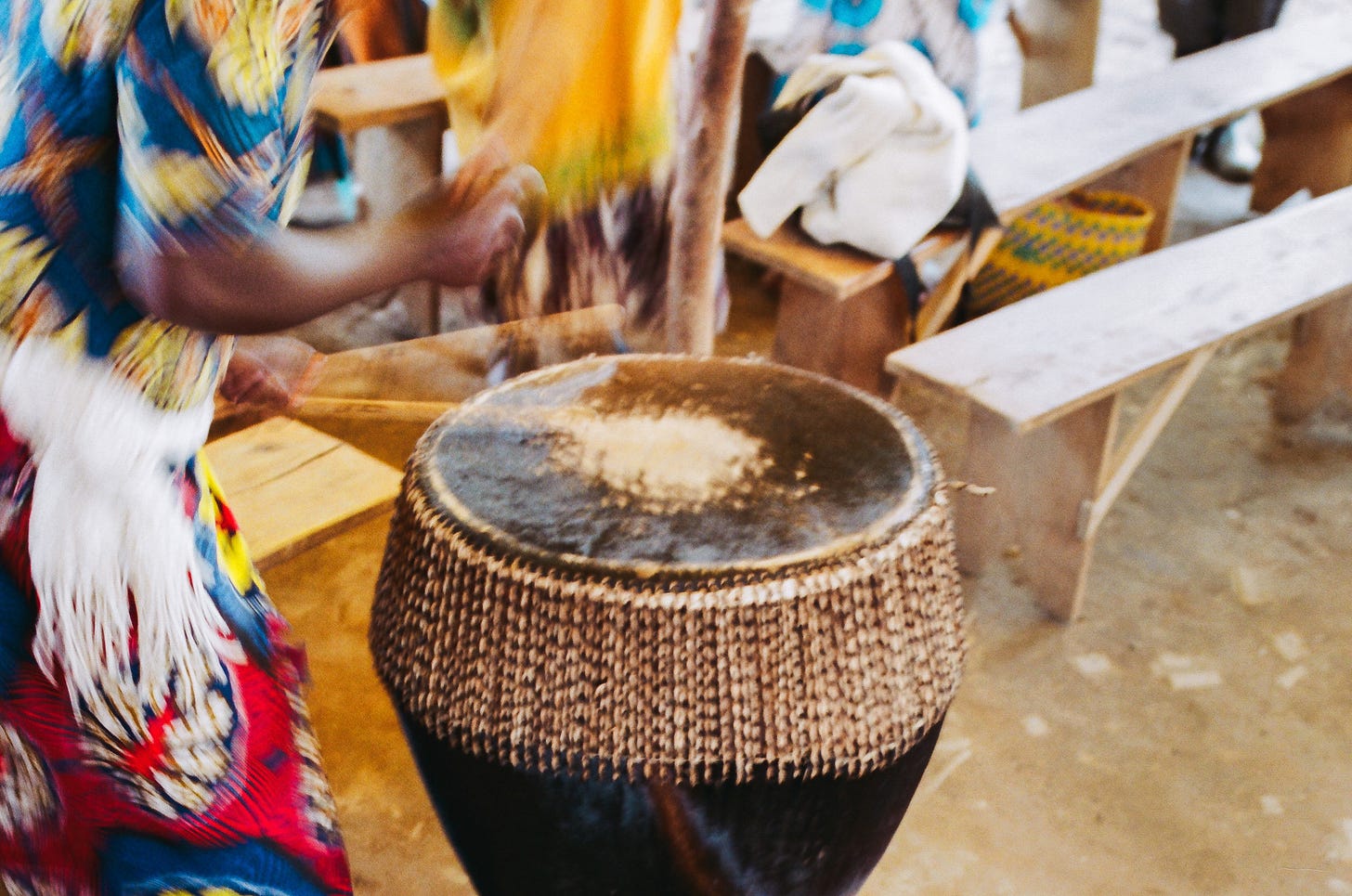
I was waiting for this episode! Crazy to see how money change a population. Sad to see it. can’t wait to hear more
Thanks. I never really traveled myself, but I really feel like you take me with you.
Crazy how a world run by money can simply take away the home of a whole tribe because they have the power to. Though I wonder if in the grand scheme of things this is exactly what has to happen.
Maybe we all need to lose our little home to see this planet earth as our big home and us as one big family.